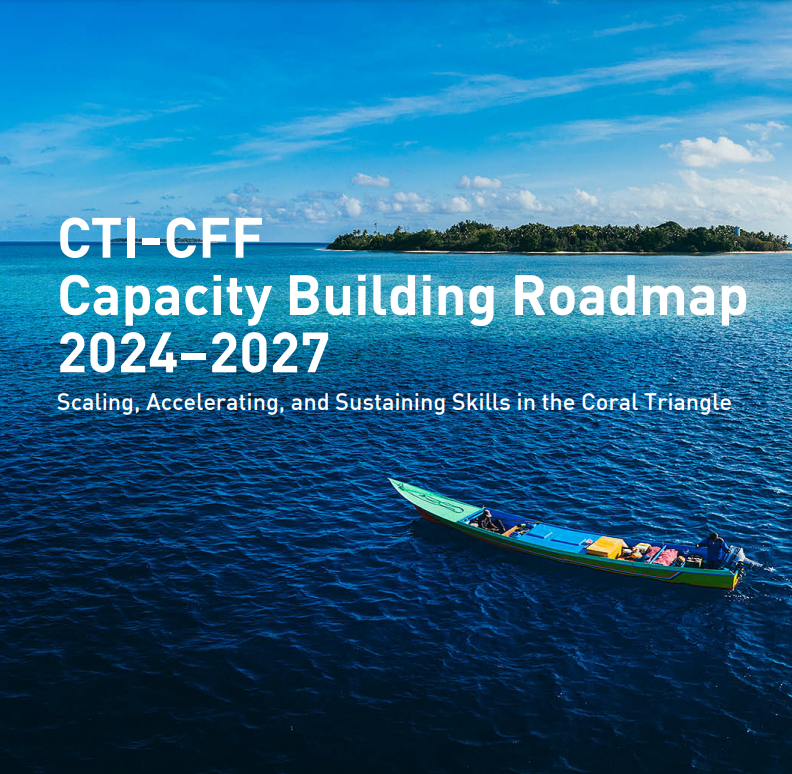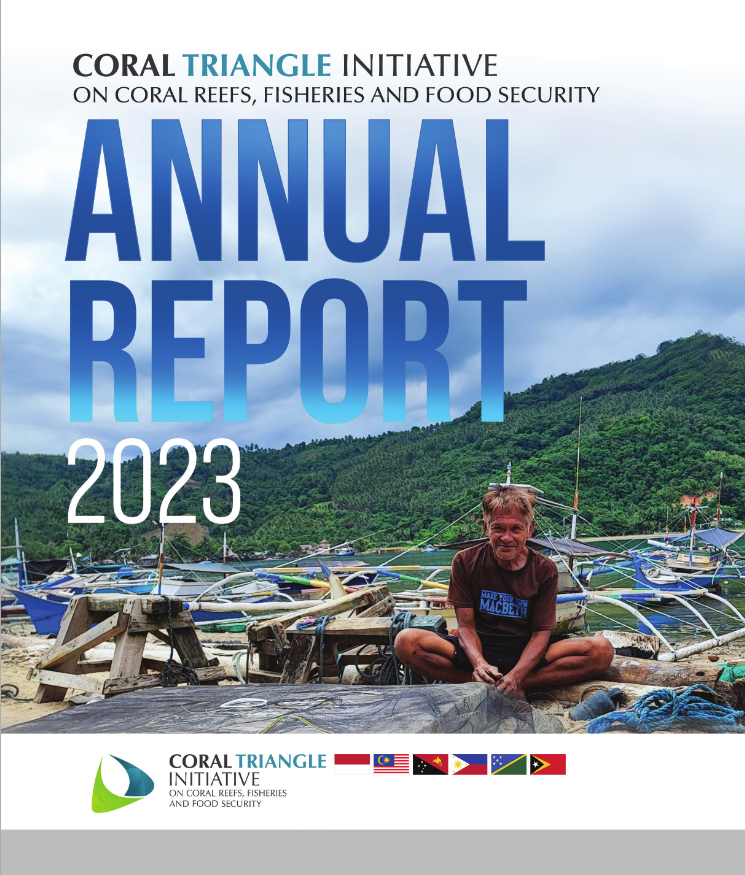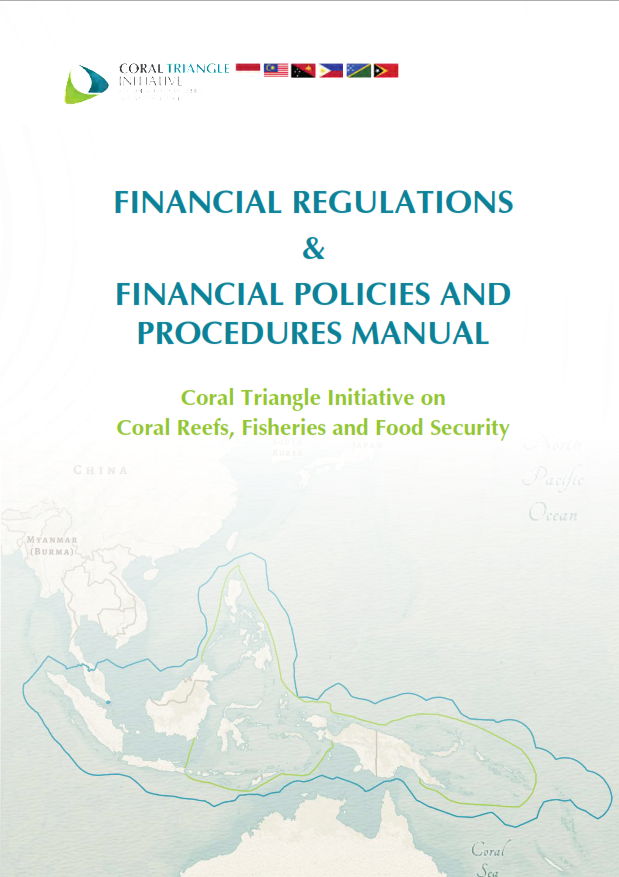Let's keep plastic out of the Coral Triangle
Let's keep plastic out of the Coral Triangle
Plastic is perhaps one of the most useful inventions. We use plastic in almost every aspects of our lives: plastic bottles to hold our drinking water, plastic bags for our food, even plastic particles—called micro beads—in our toothpaste. Yuck, how does plastic enter our food chain? And what can we do about it?
The member countries of the Coral Triangle (Indonesia, Malaysia, Papua New Guinea, Philippines, the Solomon Islands, and Timor-Leste) today celebrate the 5th Annual Coral Triangle Day under the theme Save the Coral Triangle – Stop Plastic Pollution, in an attempt to raise awareness and stop the thousands of pieces of plastics that enter our oceans daily. The pollution from plastic waste poses a threat to our marine ecosystem—from coral reefs to fishes, sea birds, and some endangered species—as well as a food security risk for communities living in coastal areas.
A single piece of plastic may contain anywhere from 30 to 100 chemicals. One of these is bishphenol A (BPA), found in the linings of cans and bottles and which can affect the endocrine system to mimic the female hormone estrogen. Increased estrogen levels throw off the natural balance of the body’s hormonal system and can lead to alterations in the brain, the reproductive system, and the immune system. Results of tests conducted on laboratory rats show that increased exposure to BPA increases the risk of cancer, decreases fertility, and sparks hyperactivity.
In a 2014 article, scientists from the US, France, Chile, Australia, and New Zealand calculated that more than 5 trillion plastic pieces weighing over 250,000 tons are floating around in our oceans. These pieces of plastic, ranging from 1 to 5 mm in size, can be ingested by wildlife living in and around the water. Chemicals released by these microplastics can harm both fish and the people who consume fish.
Microplastics are a result of the degradation of larger pieces of plastic over time. Micro beads are a type of microplastic added to products such as cosmetics, soaps, and toothpaste to increase their abrasiveness. A 2015 study by Ocean Conservancy and the McKinsey Center for Business and Environment noted that roughly eight million tons of plastic waste is dumped into the world’s ocean every year. The report cited five countries (the People’s Republic of China, Indonesia, the Philippines, Thailand, and Viet Nam) as responsible for up to 60% of this marine pollution from plastic waste.
Keeping plastic from entering our seas and other ecosystems is our business, too. Widi A. Pratikto, Executive Director of the Coral Triangle Initiative on Coral Reefs, Fisheries, and Food Security, recently stressed the importance of citizens taking “real actions to fight the plastic pollution by pledging to help reduce marine debris and encouraging others to do the same” under the NT3 slogan – No Trash, No Trail, and No Trace. He also urged citizens to reduce the use of plastic bags by putting our trash in reusable containers, buying products with less packaging, and joining coastal cleanup activities.
The Coral Triangle, spanning across six countries, is known as the ‘Nursery of the Seas.’ It is home to 76% of the world’s known coral species, at least 500 species of reef-building corals in each eco-region, 37% of the world’s coral reef fish species, and also commercially valuable species such as tuna, whales, dolphins, rays, and sharks, as well as 6 of the world’s 7 known species of marine turtles. The ecosystem of the Coral Triangle directly sustains the lives of more than 130 million people. Doing our small part to keep plastic from entering the marine ecosystems can be our contribution to protecting wildlife and sustain the livelihoods of fisher folk.
The winners of the Coral Triangle Day #noplace4plastic Instagram contest will be announced on 11 June. For this and other activities on the ground visit http://www.coraltriangleday.org.
Written by:



